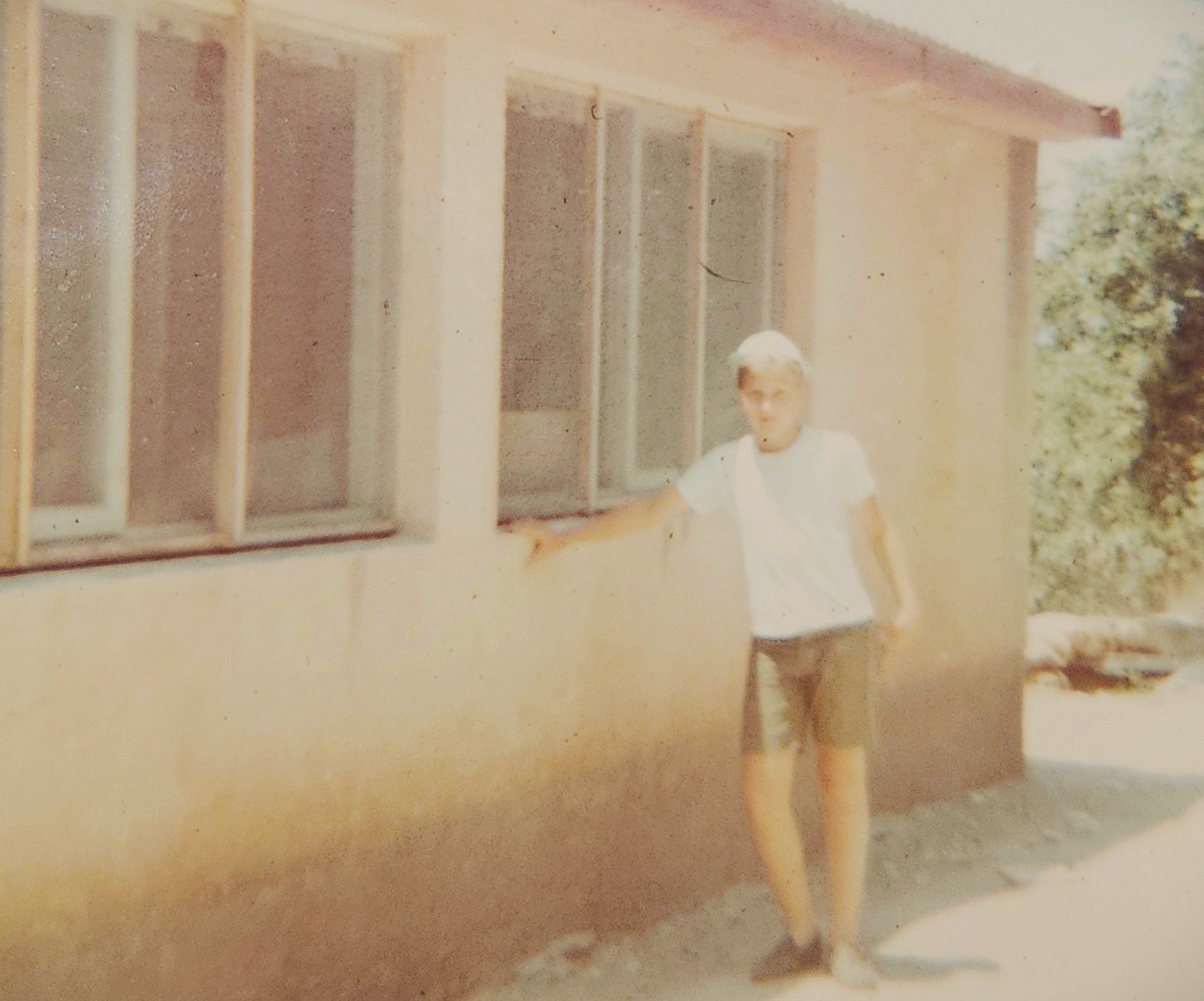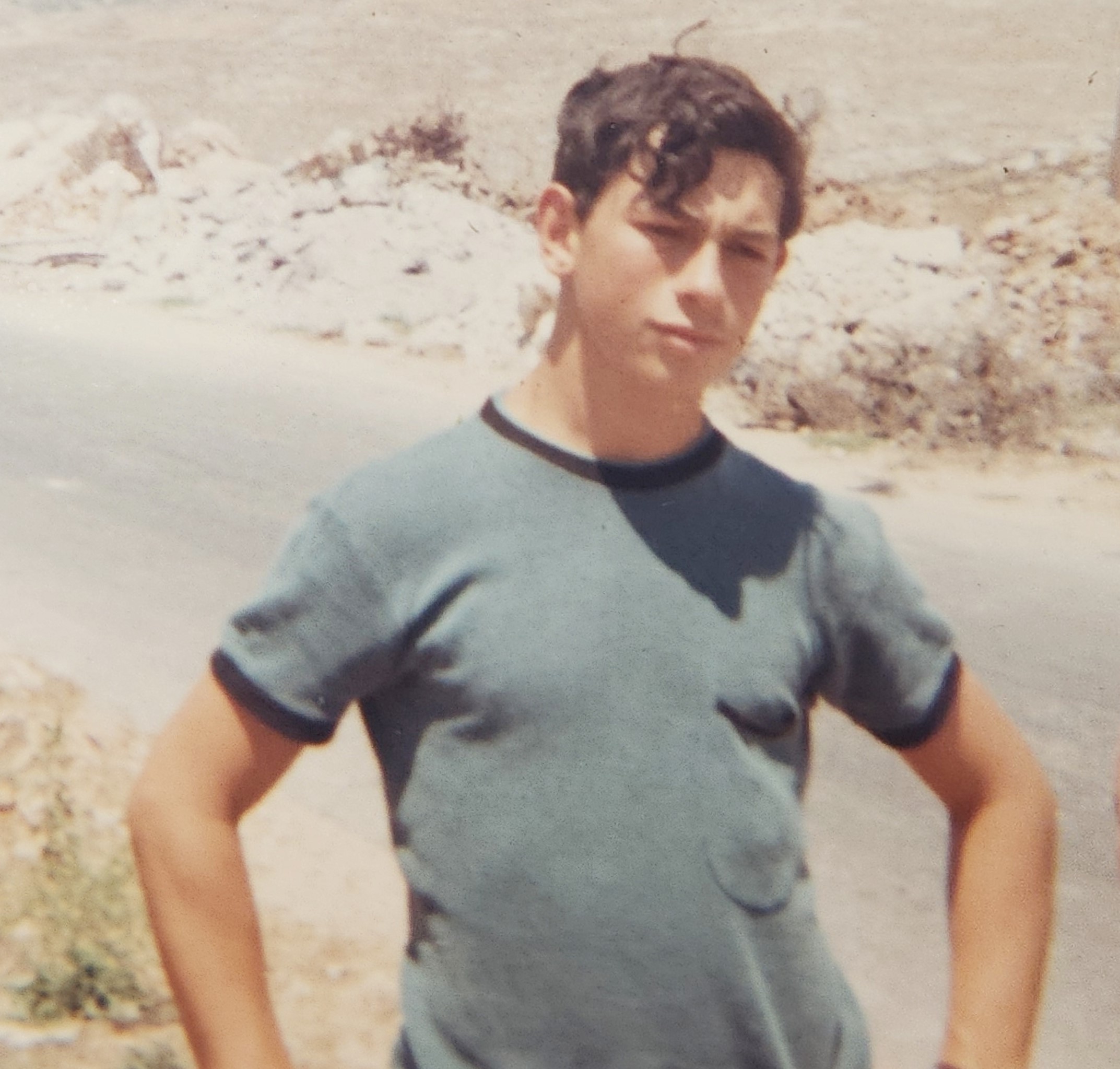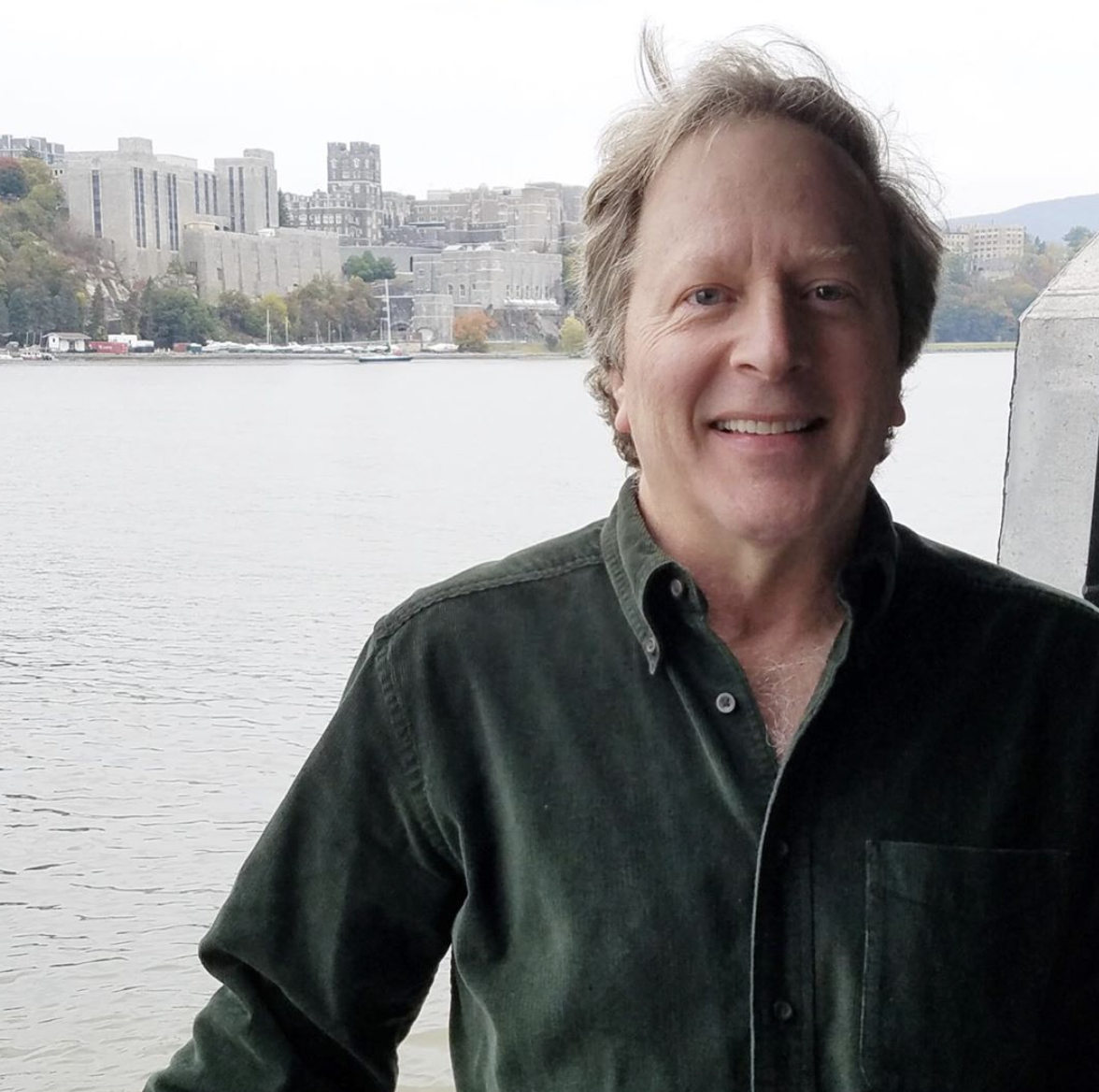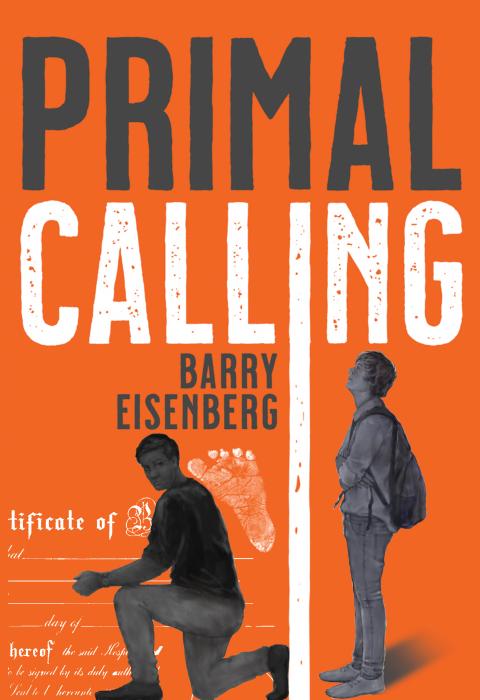Impressions From My Summer in Israel
Our group was traveling on a narrow two-lane highway through a remote wooded area in the south-central part of Israel. I was sitting toward the front of our chartered bus. Up ahead, two soldiers stood on the side of the road. As we neared them, the driver slowed, stopped the bus, and opened the door. The soldiers boarded in a way that seemed as routine as passengers hopping on a city bus anywhere in the United States.
They nodded politely as they took seats in the front, just behind the driver. They were dressed in camouflage khakis, and draped across their chests were powerful looking submachine guns, which I soon learned were called Uzis. I had never before seen a soldier with a gun up close and it was mesmerizing.
About fifteen minutes later, one of the soldiers tapped the driver on his shoulder and said something in Hebrew. The driver soon pulled over and I then understood that he had been asked to let them off just ahead, at the outskirts of a small village. I didn’t think much about the soldiers’ ages at the time, but their faces stuck with me, and as years passed I came to realize that they were probably about 20 years old.
That was in the summer of 1967. I was 13 and on a bar-mitzvah pilgrimage with about 75 other 13-year-old kids. The summer would be spent living and working on a kibbutz for part of the time and traveling the country for the remainder. Before we left the United States, there was some uncertainty as to whether we would actually be able to go. Just a month before our planned departure, Israel was engaged in a fierce conflict. The small country achieved a swift and remarkable victory in the now well-known Six Day War.

I asked Danny, our counselor, and a first-generation Israeli whose parents came to Israel from Ukraine in the 1940s, why we had picked up the soldiers and where they were going. I felt an immediate connection to Danny. He was 19, around the same age as my brother Larry, whom I idolized. Danny carried himself like Larry, with a confident yet accessible bearing. Being around Danny had the strange effect of making me feel homesick and relieving me of it at the same time.
“Everyone picks up soldiers in Israel,” he explained. “But we don’t ask what they are doing or where they are going. We just drop them off wherever they ask us.”
Danny also told me that he, too, was in the military and would begin active duty at the end of the summer.
That excursion took place in my first week in Israel. By the end of our eight-week stay, we had picked up dozens of soldiers on our bus trips. It had become so routine that I hardly noticed it anymore. The images of war – soldiers, weapons, caravans of tanks, trucks with mortar shells – were a fixed part of the Israeli landscape, so omnipresent as to no longer stand out. In a short span of a few weeks, it had gone from startling to unremarkable. It wasn’t the abstract sense of war that Americans have, that armed conflict involving the U.S. takes place in some distant place, oceans away. In Israel, it was an ever-present part of daily life. When we see war, it’s on TV. In Israel, they see it right in front of them, with their own eyes.
Home base for our group was a youth village called Alonei Yitzhak, roughly 40 miles north of Tel Aviv. About a month into our stay, we set off on a weeklong trip to Jerusalem and the southwest part of Israel. They told us that we would be entering a territory that had just been captured by Israel in the Six Day War. They explained that it was called the Gaza Strip and that it was populated mostly by Arabs. (As I recall, I very rarely heard the term “Palestinians” used then.)
I couldn’t tell when we actually entered Gaza. There were no signs, gates, or guides. But at some point, Danny announced that we were there, in Gaza. We wouldn’t be getting off the bus, he said, but that we should look around and take it in as this was now part of Israel. I really didn’t know what that meant at the time. The little town we rode through was just over the border and looked very run-down. I remember seeing dirt roads and a few scattered small, dilapidated homes. Chickens running around loose caught my eye.
Earlier that morning, as we boarded the bus, we were handed brown lunch bags. Our lunch was usually a sandwich and a piece of fruit. Soon after entering Gaza, one of the boys in the back of the bus took a pear from his bag. He took a bite and then, loudly proclaiming it tasted bad, tossed it out of the window. As soon as it hit the ground, a group of five or six young Gazan boys and girls ran over. One of those boys picked up the pear, and seemingly oblivious to the bitten area hungrily began to eat it. The boy who tossed it giggled and was quickly joined by a couple of others in nearby seats.
Danny was sitting near me in the front section of the bus. He heard the commotion and walked briskly to the back. Looking directly at the boys still tittering with amusement, he quietly but firmly said, “There’s nothing funny about that. Imagine if you were so poor that you would eat someone else’s garbage.”
That was all he said to the boys who had been laughing. That was all that was needed – the simplicity of Danny’s words and his forthrightness made the moral correctness of his message crystal clear.
We all sat in stunned silence as Danny walked back up the aisle to the front of the bus. He held up his lunch bag and said he was going to give it to the children huddled around the one who had eaten the pear. He asked if any of us would like to join him in sharing. One by one, we passed our lunch bags up toward the front. Danny and the bus driver collected the bags, exited the bus, and distributed the bags to the group of kids, which had swelled to about twenty.
I looked more carefully now at the Gazan kids through the bus window. They were scrawny and most were barefoot. But they all smiled gleefully as they accepted the brown lunch bags.
As Danny turned back to board the bus, a tiny kid, around six years-old, put his arms around Danny’s legs to hug him. Danny knelt and returned the embrace, affectionately tousling his hair as he smiled at the boy.
Danny boarded the bus, and as he did we all waved good-bye through the open windows. The Gazan kids excitedly ran down the road, their prized paper bags clutched tightly in their grateful little hands.
Later that week, as we were heading north to Jerusalem, we stopped at a picnic area in a small town. Adjacent to the picnic area was a little playground area. A group of mothers and young children were gathered there. We could see that some were Jewish, some were Arabic, all intermingling. Danny explained that this was a farming community and had a long history of Jews and Arabs working side by side. The family ties went back generations.

Two pre-school aged boys were engaged in a game on the slide. They’d scurry up the ladder, climb onto the slide, one sitting in front as the other sat behind, legs and arms wrapped around his friend. They sat like this for a second at the top of the slide, their faces filled with exhilarated anticipation. Then they released their hold on the slide and squealed with delight as they slid down. Landing joyfully in a heap on the sand, they’d jump up and scamper back to the ladder to do it all over again, taking turns being in front. I could tell that one was Jewish and the other was Arabic.
It wouldn’t be long before those three-year-old kids would be the same age as I was then. What would they learn in those ten years? I can still envision our group sitting in the picnic area, the notion fully ingrained in us that we belong to this religion or ethnicity or race and not others. It’s almost like being on a team. We had learned to take pride in our team. And at that time, our collective pride had been bolstered by Israel’s recent decisive win in a justifiable war, one that was necessary for its survival. And all that we saw on our trip strengthened our connection to our heritage and to our religion. It had been a deeply moving and meaningful experience.
But I wonder if we spent any time, let alone enough time, thinking that all “teams” deserved to be treated with dignity. That everyone, no matter their religion, ethnicity, or race deserved to feel a similar sense of pride and worth. And that each of us has a part to play in helping that come to pass.
Today, I am horrified by the savagery inflicted by Hamas on Israeli civilians, by the butchery perpetrated on those most vulnerable, infants and the elderly. Israel must do what it can to protect itself from such terrorism, to ensure the safe return of hostages, and to prevent that from happening again. I recognize, of course, that such a goal must be assessed in the context of complex geopolitical calculations that have considerable and wide-ranging implications.
I also fear that the raging chatter ecosystem, teeming with reductive calls for action that are couched in fury, no matter how understandable, could put long-term strategy at the mercy of short-term catharsis. Answering the question of what will come after is exceedingly more challenging.
For me, that fog lifts, even just a little, when I look with my 13-year-old eyes. I see Danny approaching those young Gazan children with compassion, with food, with a hug. I hear the unadulterated laughter of those little boys on the slide, their giddiness not yet tainted by the harrowing circumstances of a world, their world, in which Uzis are more commonplace than playgrounds.
It takes courage and determination to build a society in which its citizens are protected. When courage is guided by wisdom, that society’s vision for the future will not bury innocence, grinding it into irrelevance or rendering it an obstacle scorned for its naivete. Instead, it will learn from it, celebrating Danny’s generosity of spirit and the little boys’ fraternal bond that transcended their ethnic differences. When that spirit of humanity is ignored, or worse, disappears, all that is left is hate, with virtue traded in for Uzis. Danny’s essential decency should be a reminder to us all that such a bargain should never be made.

